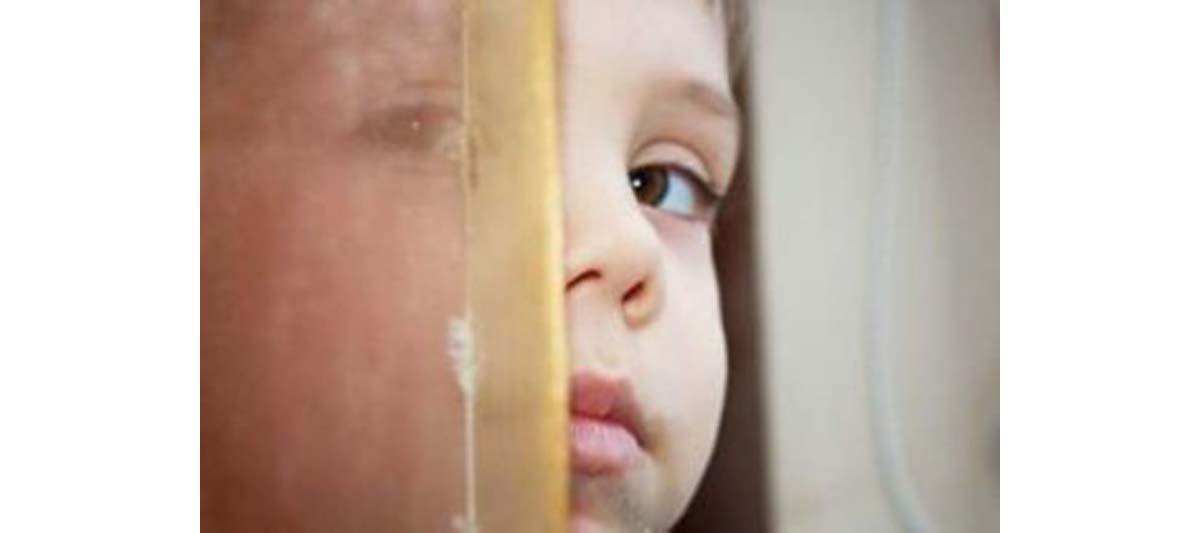Table of Contents
Relying on children — from toddler to teenager — to prevent sexual abuse is just about the worst strategy a parent can employ to keep their kids safe from pedophiles. It is important to remember that sexual abuse is never the child's fault, and the responsibility of preventing it does not lie with the child themselves. Yet, educating our kids about sexual abuse can contribute to their safety. What should you tell your children about sexual abuse?

Preventing sexual abuse starts with providing a loving and healthy family environment, in which your children are not afraid to tell you anything and feel safe standing up to any adult — including you. In my personal opinion, teaching children that trusting authority figures blindly can be dangerous is a very important step. “Listen to your teacher,” or “Do what the babysitter says” can be orders with tragic consequences.
Convicted sexual predators have themselves said that children who are ignorant about sex and their body are easy victims. It is crucial to teach our children the correct names for their body parts and those of the opposite sex — vulva, vagina, penis, scrotum, nipples and anus instead of “down there” or cutesy names. Then, teach your kids that:
- Nobody should ask you to take your clothes off.
- Nobody should take their clothes off and make you watch.
- Nobody should touch your vulva, vagina, penis, scrotum, anus, nipples, or should touch other parts of your body while you are naked.
- Nobody should ask you to touch their body in a way that makes you uncomfortable.
Not all sexual abuse involves touching; some pedophiles take pictures of naked children without ever touching them and this too is abuse. While people have different views on touch, I believe that parents should never force their children to hug a grandparent they don't want to hug, or to allow their hair to be stroked by a stranger, or any other such examples of “innocent touch” that makes a child feel uncomfortable. Having autonomy over their body teaches a child to honor and develop their intuition.
Do mention that there may be exceptions in which private parts need to be examined by medical professionals, but explain that you yourself will always be there when that happens. Younger kids may need help wiping after going potty. They are not too young to be taught the difference between appropriate and inappropriate touch.
Child safety expert Gavin de Becker has a great many really useful tips on keeping children safe, and I highly recommend his books Protecting The Gift and The Gift Of Fear. Protecting The Gift specifically covers the topic of keeping children safe from all kinds of violence, including sexual abuse. In this book, de Becker advises parents to teach their children to tell an abuser “stop, or I will tell”. This is wonderful advice that will get many pedophiles to stop, because they are under the impression the child will not tell. The child should tell, of course.
Finally, it is very, very important that your children realize and feel (through your actions) that you will always listen to them, and that you are strong enough to hear bad news. This will increase the chance that your child will tell you if he or she is sexually abused.
- Protecting The Gift: Keeping Children And Teenagers Safe (And Parents Sane), Gavin de Becker, DTP nonfiction
- Photo courtesy of bulthuisp on Flickr: www.flickr.com/photos/bulthuisp/111117477
- Photo courtesy of frametaker on Flickr: www.flickr.com/photos/frametaker/6823061157
- Photo courtesy of slambo_42 on Flickr: www.flickr.com/photos/slambo_42/2464640568/

